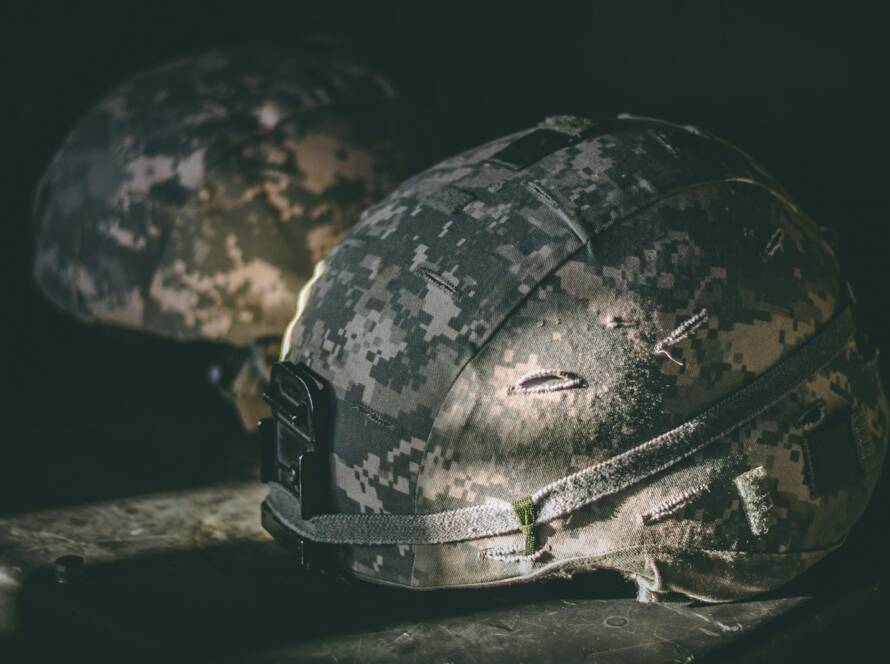First responders, such as firefighters, police officers, and emergency medical technicians, are often hailed as heroes for their bravery in the face of danger. However, the psychological toll of their work can be severe, leading to post-traumatic stress disorder (PTSD). While many people associate PTSD with flashbacks and nightmares, the disorder manifests in a range of other symptoms that are less commonly recognized but equally debilitating.
This blog post delves into some of these unseen symptoms, including hypervigilance, emotional numbness, and sleep disturbances.
Hypervigilance: Always on Guard
Hypervigilance is a state of heightened alertness where individuals constantly scan their environment for potential threats. For first responders, this can mean perpetual readiness even when off-duty, making relaxation nearly impossible. This constant state of alertness can lead to chronic stress and anxiety, affecting daily life and personal relationships.
Real-Life Impact
Imagine being unable to enjoy a quiet dinner at a restaurant because you’re continually assessing every sound and movement around you. This is the reality for many first responders dealing with hypervigilance. The energy expended in maintaining this constant vigilance can be exhausting, leading to burnout and other physical health issues.
Emotional Numbness: The Invisible Barrier
Emotional numbness is another common but less recognized symptom of PTSD. This involves a reduced ability to experience emotions, whether joy, sorrow, or love. First responders may detach from their feelings as a coping mechanism to handle the intense and often traumatic situations they encounter.
Personal Relationships Suffer
Emotional numbness can create an invisible barrier between first responders and their loved ones. They might seem distant or unresponsive, causing strain in relationships. This emotional detachment is a survival strategy, but if not addressed, it can lead to isolation and loneliness.
Sleep Disturbances: The Endless Night
Sleep disturbances are a hallmark of PTSD. While nightmares are well-known, other issues like insomnia, restless sleep, and frequent awakenings also plague first responders. Lack of restorative sleep can exacerbate other PTSD symptoms, creating a vicious cycle of fatigue and mental distress.
Consequences of Poor Sleep
Chronic sleep deprivation can affect cognitive function, mood, and overall health. For first responders, this can impair job performance and increase the risk of accidents. In the long term, poor sleep quality can lead to more severe health issues such as cardiovascular disease and diabetes.
Seeking Help: Breaking the Silence
Recognizing these lesser-known symptoms of PTSD is crucial for providing comprehensive support to first responders. Mental health resources, peer support groups, and professional counseling can make a significant difference. Encouraging open conversations about mental health in the workplace can also help reduce stigma and promote early intervention.
Coping Strategies
Effective coping strategies include mindfulness practices, exercise, and establishing a solid support network. Organizations dedicated to first responder mental health offer various programs and resources to help manage these symptoms. Professional treatment options, such as cognitive-behavioral therapy (CBT) and medication, can also be beneficial.
Conclusion
While flashbacks and nightmares are the more recognizable symptoms of PTSD, hypervigilance, emotional numbness, and sleep disturbances are equally impactful. By understanding and acknowledging these unseen symptoms, we can better support the mental health of our first responders, ensuring they receive the care and respect they deserve.
For more information and resources tailored to first responders experiencing PTSD, visit the Institutes of Health and First Responders Mental Health.
Footnotes
- https://firstrespondersfoundation.org/coping-strategies-for-trauma-among-first-responders-navigating-the-aftermath-of-crisis/ ↩
- https://scottsdalerecovery.com/first-responders-and-ptsd-recognizing-the-silent-battle/ ↩
- https://fst5.org/quizzes/ptsd/ ↩
- https://theconversation.com/the-aching-red-firefighters-often-silently-suffer-from-trauma-and-job-related-stress-164994 ↩
- https://compassionbehavioralhealth.com/ptsd-in-first-responders/ ↩
- https://institutesofhealth.org/ptsd-in-first-responders/ ↩
- https://www.firstrespondersmentalhealthns.com/traumatic-stress-injuries/signs-and-symptoms/ ↩



